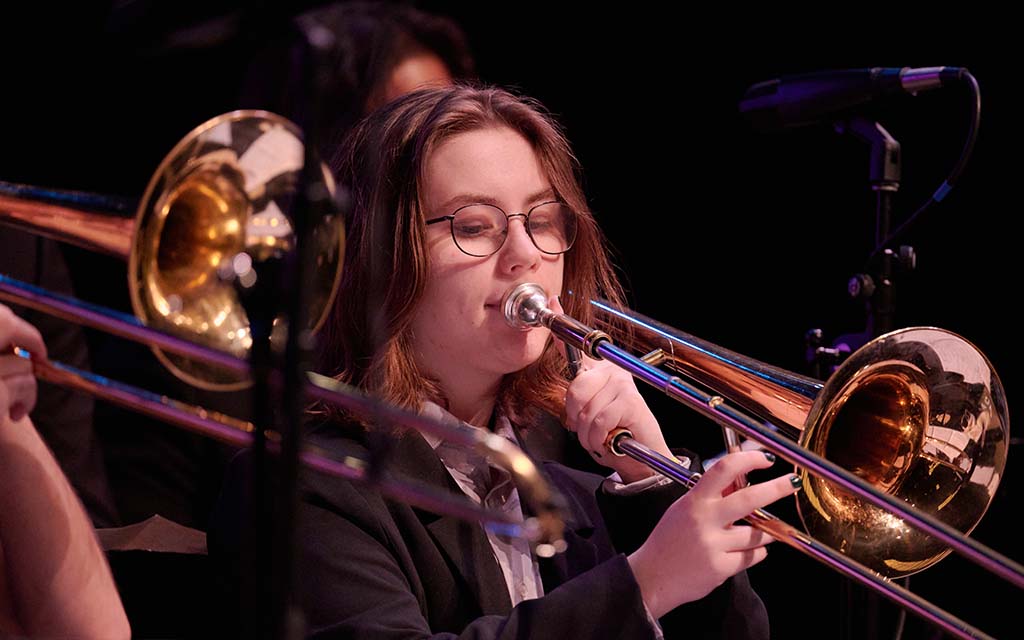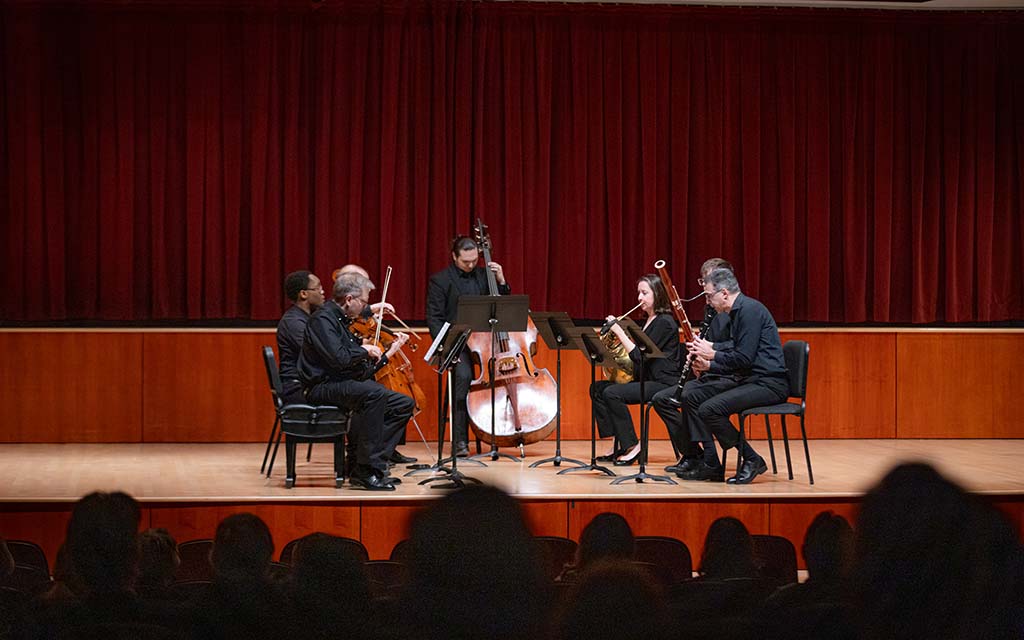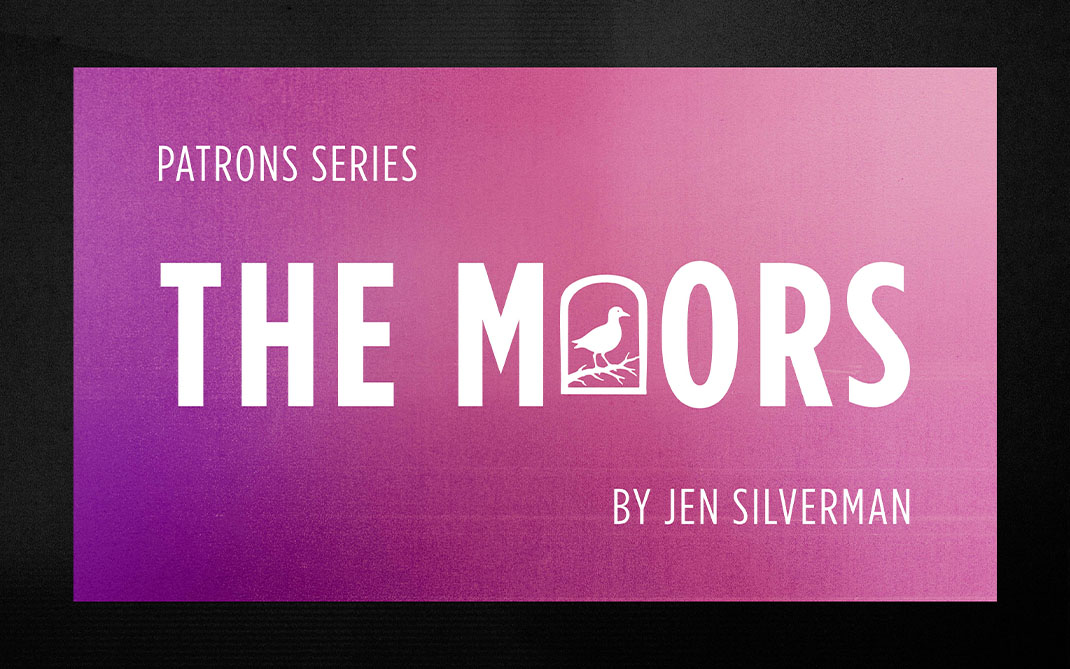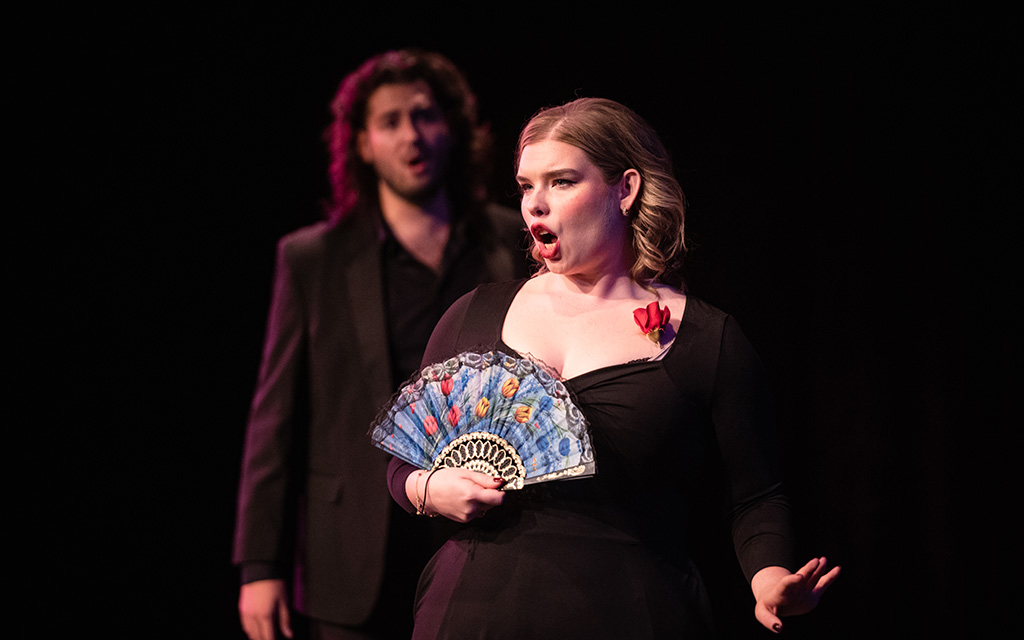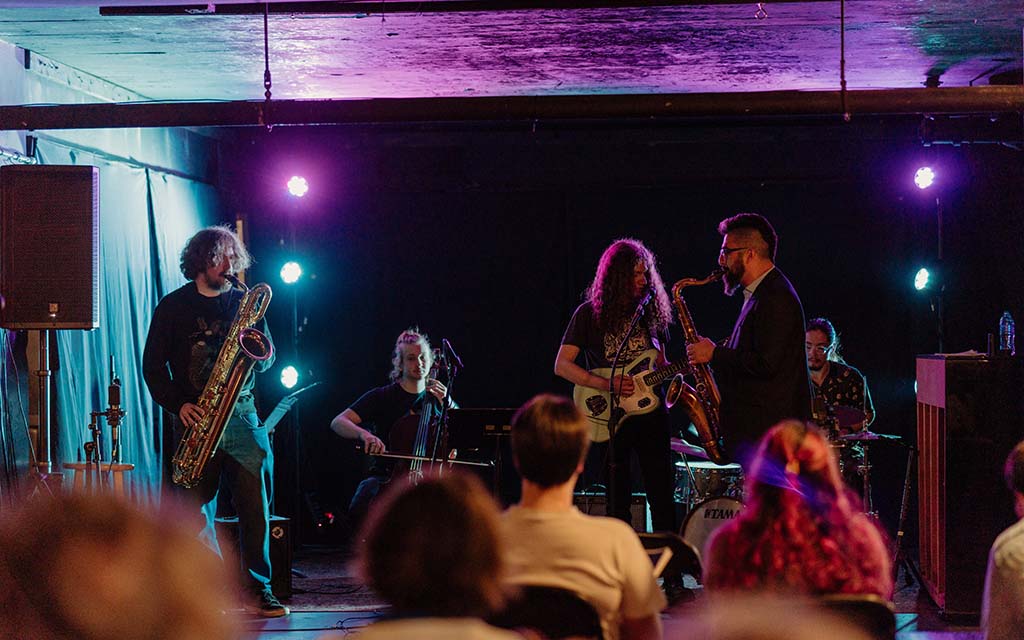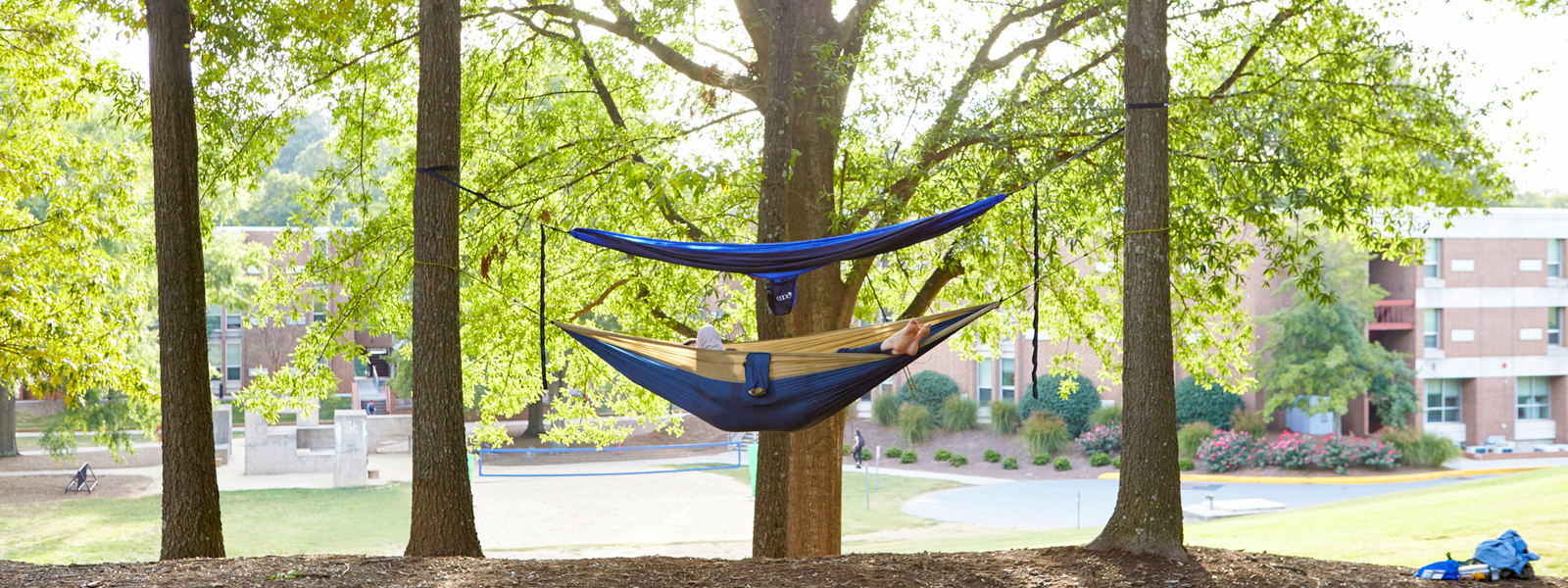Course Descriptions
Summer College Online
Course Descriptions
Once you've been accepted, you may register for the summer courses listed below via E-Z Arts. If you need help logging into the student portal E-Z Arts, see E-Z Arts login instructions.
Registration for Summer 2025 courses ends May 27, 2025.
Courses Descriptions
HIS 1198-01:
Topics in History: Latin American History in Film
| CRN# | Course | Course Name | Instructor(s) |
|---|---|---|---|
| 60100 | HIS 1198-01 | Topics in History: Latin American History in Film | Andrew Britt |
Description:
TBA
HUM 2100-01:
Critical Dialogues
| CRN# | Course | Course Name | Instructor(s) |
|---|---|---|---|
| 60089 | HUM 2100-01 | Critical Dialogues | Bethany Kibler |
Description:
In this core humanities course, students encounter exemplary texts from antiquity
to the present and from multiple continents and diverse cultures. How do we make meaning
from this expansive record of storytelling, inquiry, and creative expression? How
can today's artist-citizens respond as active conversation partners across time and
space? Specific content and thematic emphases will vary across course sections, reflecting
the diverse specializations and perspectives of Division of Liberal Arts faculty.
In all sections, however, students will wrestle both with texts long privileged as
'canonical' and, of equal importance, others that speak from the margins and compel
us to think critically about how we assign value and importance to different voices
and traditions. All sections also share one significant contemporary text (selected
annually). “Critical Dialogues” students will cultivate their skills of research,
writing, and verbal expression, and in doing so, situate their artistic and professional
practice in specific contexts and as woven into a larger world of ideas. Prerequisite:
ENG 1200 or equivalent
HUM 2720-01:
The Monster as Metaphor
| CRN# | Course | Course Name | Instructor(s) |
|---|---|---|---|
| 60103 | LIT 2720 | The Monster as Metaphor | Anson Koch-Rein |
Description:
This course will explore how we use monsters as metaphors in literature and film to
explore the relationships between the human and non-human, male and female, “normal”
and “abnormal”, healthy and sick. We will apply the psychological and literary theories
of Freud, Lacan, and others to give perspective on the concept of the monstrous. Prerequisite(s):
ENG 1200
LIT 2298-01:
Topics in Literature: Living Poetry
| CRN# | Course | Course Name | Instructor(s) |
|---|---|---|---|
| 60087 | LIT 2298-01 | Topics in Literature: Living Poetry | Joe Mills |
Description:
In this course, we’ll consider how we live among poetry. This is not to say that “everything
is poetry” or even “poetic,” but that when we live with language, we live with poems.
Or at least we can. By the end of the term, someone who has done the work should have
improved their understanding of poetry, encountered new poems, thought about the relationship
between poetry and contemporary culture, and generated an interesting portfolio of
materials.
LIT 2298-02:
Topics in Literature: Metafiction
| CRN# | Course | Course Name | Instructor(s) |
|---|---|---|---|
| 60101 | LIT 2298-02 | Topics in Literature: Metafiction | Danielle Nelson |
Description:
From our fixation on the unique odds and ends of one’s “creative process” to the enduring
appeal of meta-texts that take on art about making art, the life of the artist is
one of infinite curiosity. By taking a critical look at art that falls under this
rubric of meta-fiction or art cinema, we will look at 20th and 21st century texts
to examine the self-reflexive impulse behind art that explores how “the artist” is
enmeshed with our external reality. With art as a mirror to society, this course curates
a series of contemporary experimental works that examine the relationship between
innovative new representational forms of storytelling and art’s larger sociopolitical
meaning. This course is divided into five sections: Finding the Story: Where Art Meets
Life; Seeing, Being, and The Limits of Cultural Imagination; Finding the Language:
Giving Form to New Shapes; Finding The Self: Coming of Age; A Story Within a Story.
Beginning with Oscar Wilde’s Picture of Dorian Gray, this first unit considers the
ways in which art presents its own “portrait” of reality. What is the relationship
between the artist and one's art? How do we find the story? Where does the art begin
and where does it end? To disentangle what it means to be an artist in society, we
will explore how art produces social and cultural meaning. We will then analyze how
art about “the self” shapes larger narratives around categories of identity through
different genres and modes of expression from Toni Morrison’s short story “Recitatif”
to satire in films such as American Fiction that in turn prompt the question: Is art
always critique? What are the limitations of art as a vehicle for social change? Situating
these conversations within a historical frame, we will trace how postmodern texts
draw on modernism’s investments and aesthetic strategies to explore themes like interiority,
selfhood, and temporality. Finally, we will think about how graphic memoir, performance
art, and experimental filmmaking challenge the singularity of the narrated self.
PSY 1100-01:
General Pyschology
| CRN# | Course | Course Name | Instructor(s) |
|---|---|---|---|
| 60086 | PSY 1100-01 | General Psychology | Jeff Gredlein |
Description:
This is a broad survey of psychology. Topics to be addressed include psychology as
science, nervous system, growth and development, sensory and perceptual processes,
motivation, emotion, learning, social behavior, personality (normal and pathological),
statistics, testing, intelligence, aptitudes, and achievement The online version of
this course is currently available only during Summer School sessions.
SCI 2198-01:
Topics in Science: Drugs, the Brain, and Media
| CRN# | Course | Course Name | Instructor(s) |
|---|---|---|---|
| 60102 | SCI 2198-01 (3 Credits) |
Topics in Science: Drugs, The Brain, and Media | Jennifer Harris |
Description:
Drugs that act on the central nervous system (CNS) are the most widely used group
of pharmacologic agents. In addition, drugs are one of the most important tools for
studying all aspects of CNS physiology from the mechanisms that control movement to
the consolidation of memories. The field of neuropharmacology requires understanding
of disease mechanisms as well as the effects of drugs and other compounds on neuronal
function. This course will focus on the pharmacodynamics (the actions of the drug
on the body) and pharmacokinetics (the actions of the body on the drug) of various
drugs in the central nervous system and the communication of this subject to a non-science
audience.
